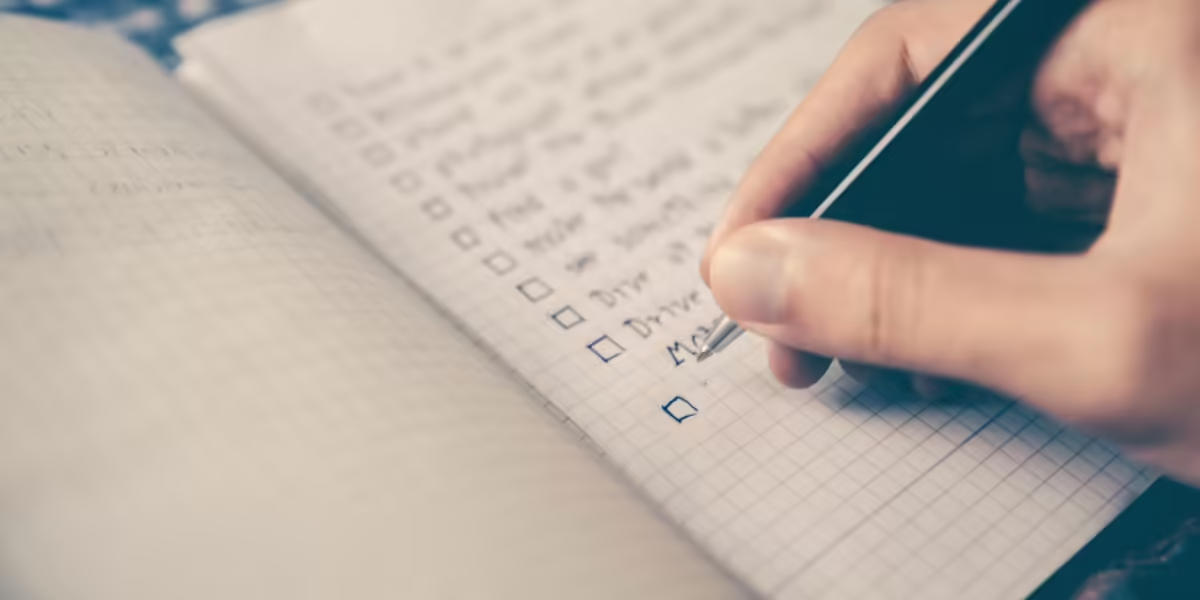A ‘To-Don’t’ List Instead of a To-Do List

Even activities that are good for you can become counterproductive if you overload your schedule, leading to burnout. ABC News AU’s Emily McGrorey shared her experience of discussing a new meditation habit with her psychologist. Instead of encouraging her, the psychologist suggested she scrap the plan—along with several other routines she had already built. The reason? It was simply too much. The psychologist recommended a ‘to-don’t’ list.
Rachel Botsman, an Oxford University Trust Fellow, is credited with the concept of ‘to-don’t’ lists. Writing down goals or tasks often helps with mental clarity, which is why to-do lists are so popular. The same idea applies to removing non-essential tasks. McGrorey found that listing the unnecessary activities crowding her day revealed how many of them could be cut or postponed. Amantha Imber, an organizational psychologist and podcast host, highlighted that while time is finite, we often keep adding more tasks to our to-do lists, thinking it will help us get ahead. But sometimes, the opposite is true.
Imber noted that while some tasks, like parenting responsibilities, are unavoidable, many draining activities can either be stopped or delegated. This insight led McGrorey to add several familiar items to her ‘to-don’t’ list:
- No meetings between 8:00 a.m. and 11:00 a.m.
- Skip ironing casual clothes—use a non-wrinkle tumble dry cycle instead.
- Do laundry and dishes every other day, rather than daily.